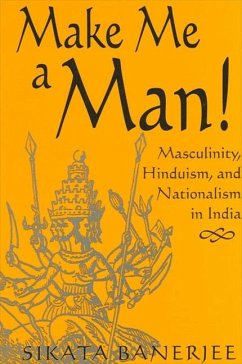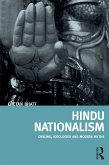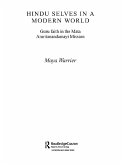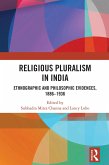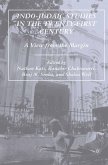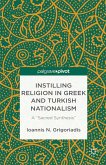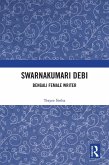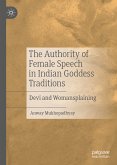Make Me a Man! argues that ideas about manhood play a key role in building and sustaining the modern nation. It examines a particular expression of nation and manliness: masculine Hinduism. This ideal, which emerged from India's experience of British imperialism, is characterized by martial prowess, muscular strength, moral fortitude, and a readiness to go to battle. Embodied in the images of the Hindu soldier and the warrior monk, masculine Hinduism is rooted in a rigid "us versus them" view of nation that becomes implicated in violence and intolerance. Masculine Hinduism also has important connotations for women, whose roles in this environment consist of the heroic mother, chaste wife, and celibate, masculinized warrior. All of these roles shore up the "us versus them" dichotomy and constrict women's lives by imposing particular norms and encouraging limits on women's freedom.
Sikata Banerjee notes that the nationalism defined by masculine Hinduism draws on a more general narrative of nation found in many cultures. If the outcomes of this narrative are to be resisted, the logic of masculinity, armed manhood, and nation need to be examined in diverse contexts.
Sikata Banerjee notes that the nationalism defined by masculine Hinduism draws on a more general narrative of nation found in many cultures. If the outcomes of this narrative are to be resisted, the logic of masculinity, armed manhood, and nation need to be examined in diverse contexts.
Dieser Download kann aus rechtlichen Gründen nur mit Rechnungsadresse in A, D ausgeliefert werden.

